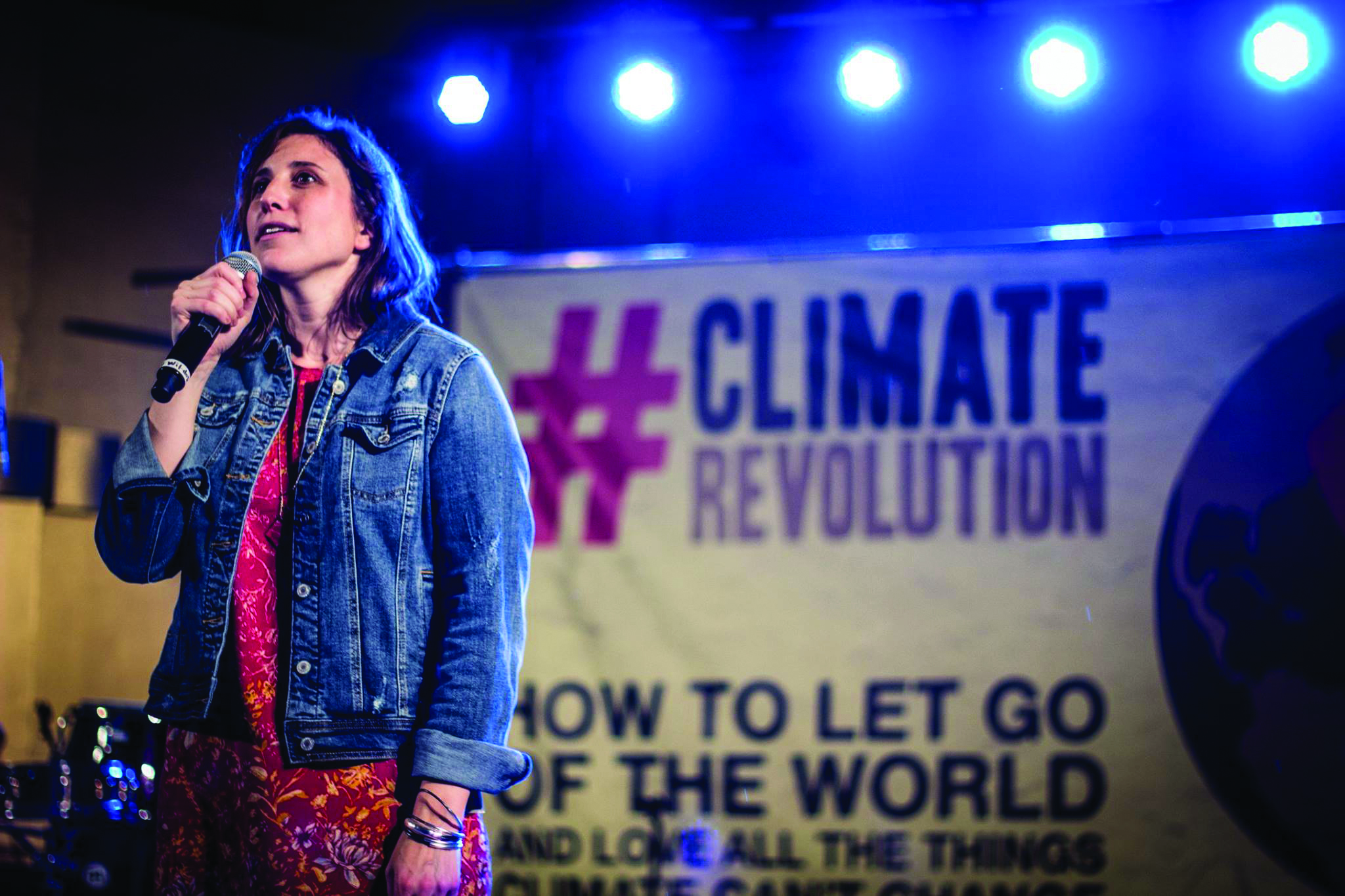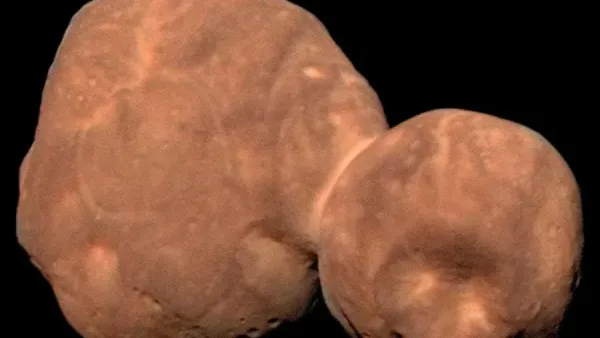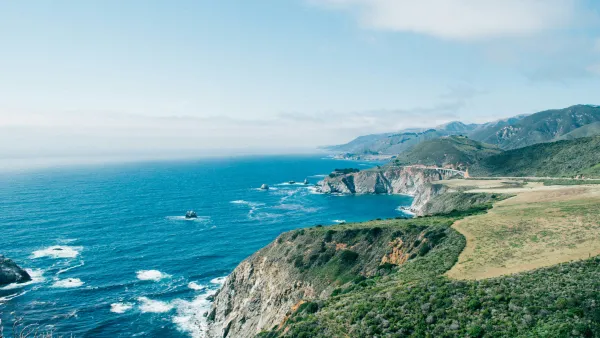Deia Schlosberg advocates for environmental and social justice through her award-winning documentary films.
“At Q and A’s for my movie screenings, people inevitably ask, ‘What can I do to create change?’ I tell them, ‘Use what you already love doing. There is a way to create change there.’”
Although Deia Schlosberg, AB 2003, was passionate about the arts while at WashU, it took time for her to accept filmmaking as a valid career option. “I didn’t allow myself to think about film until it was glaringly obvious that this was where my interests met. I didn’t think it was realistic.”

Graduating with a degree in Earth and planetary sciences and visual communications, Schlosberg immediately applied both majors to promote global sustainability and social justice. She designed a youth magazine for the UN Environment Programme, taught sustainability modules in middle schools across Europe, and provided American students with outdoor environmental education and wilderness therapy.
Eventually, she decided to step back from the intensity of this work to spend two years hiking the 7,800-mile length of the Andes mountains. “Instead of just hiking to get away, my partner and I wanted to do something where we could learn about sustainable ways of life that had been practiced for millennia,” Schlosberg said. “There are few other ways to feel the scale and connectedness of the planet than by transecting a huge portion of it on foot.”
Blogs and magazine articles that Schlosberg and her partner wrote about the journey were discovered by National Geographic, which awarded them the National Adventurer of the Year award in 2009. In addition to this international recognition, which Schlosberg described as “surreal,” the trek through the Andes helped Schlosberg realize her niche was in environmental filmmaking. She enrolled in Montana State University’s Science and Natural History Filmmaking program, where her thesis project was a short film called Backyard about fracking and its impacts on local communities.
“That project felt like a synthesis of all these different paths I had taken. My geology knowledge helped me explain the nuts and bolts of fracking, and I used the animation techniques I learned in visual communications as interludes to pull all the pieces together,” Schlosberg said. Backyard won two Student Emmys, the documentary award and a humanitarian award. Schlosberg’s 2019 documentary The Story of Plastic also won an Emmy in News and Documentary writing.
Schlosberg’s upcoming documentary series Bootstraps follows eleven U.S. households, from a range of geographies and backgrounds, who are all receiving a universal basic income. In all of her projects — including those created through her production company Pale Blue Dot Media — there is a focus on environmental crises and social justice, as well as the ways in which they intersect.

“The people who have contributed the least to environmental issues are most affected by them, in terms of their health, the economy, and quality of life,” Schlosberg said. “Climate change isn’t something that is going to happen; it’s something that billions of people are dealing with every day already, and it’s disproportionately people of less means and Black and brown communities. Changing policy and public perception is the most important part of creating large-scale change, and documentary film makes these topics approachable and digestible.”


